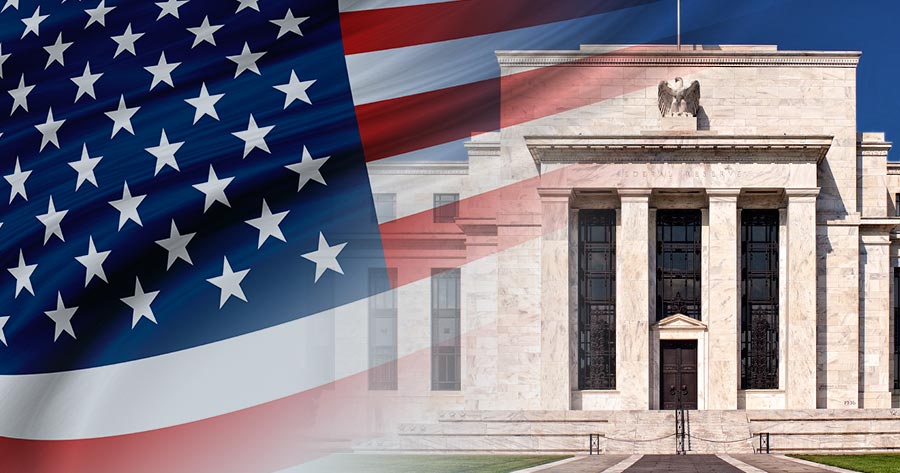Global investors are dialing back their U.S. holdings amid escalating trade tensions and pressure on the Federal Reserve from President Donald Trump as official from Mercer LLC reported that about 3,900 clients of the company, who collectively manage USD 17 trillion, are reallocating capital from the U.S. to Europe, Japan and other international markets.
Hooman Kaveh, the firm’s global chief investment officer, stated that this development is due to their concerns over new tariffs, persistent political pressure on the Fed, America’s swelling fiscal deficit and expectations for a weaker dollar.
President Trump’s renewed tenure has been a catalyst for “genuine diversification,” as there is a pronounced shift in client portfolios toward exposure in alternative regions, asset classes, and currencies.
Concerns over Trump’s approach to trade policy unsettled global markets in early April, following his “Liberation Day” announcement, resulting in declines for both the U.S. equities and Treasuries. While American markets eventually stabilized, the U.S. stocks have underperformed relative to international counterparts in 2025, especially for dollar-based investors.
Tariffs present a particular challenge, according to Kaveh, as their outcomes are difficult for markets to predict—they may erode corporate margins or fuel inflation if those costs are passed on to consumers. He also warned that should tariffs drive up prices alongside a depreciating dollar, it would complicate the Federal Reserve’s efforts to lower interest rates.
The chief investment officer also cited the Trump administration’s support for a weaker U.S. dollar as a key vulnerability, since it could intensify inflation from higher tariffs. Furthermore, criticisms by President Trump on Fed Chair Jerome Powell and efforts to dismiss Governor Lisa Cook have further undermined investor confidence in the U.S. assets.
Mercer’s clients are now increasing positions in European and Japanese stocks—where valuations remain attractive relative to American equities—as well as expanding investments in private markets, notably in sectors tied to artificial intelligence, according to Kaveh.





